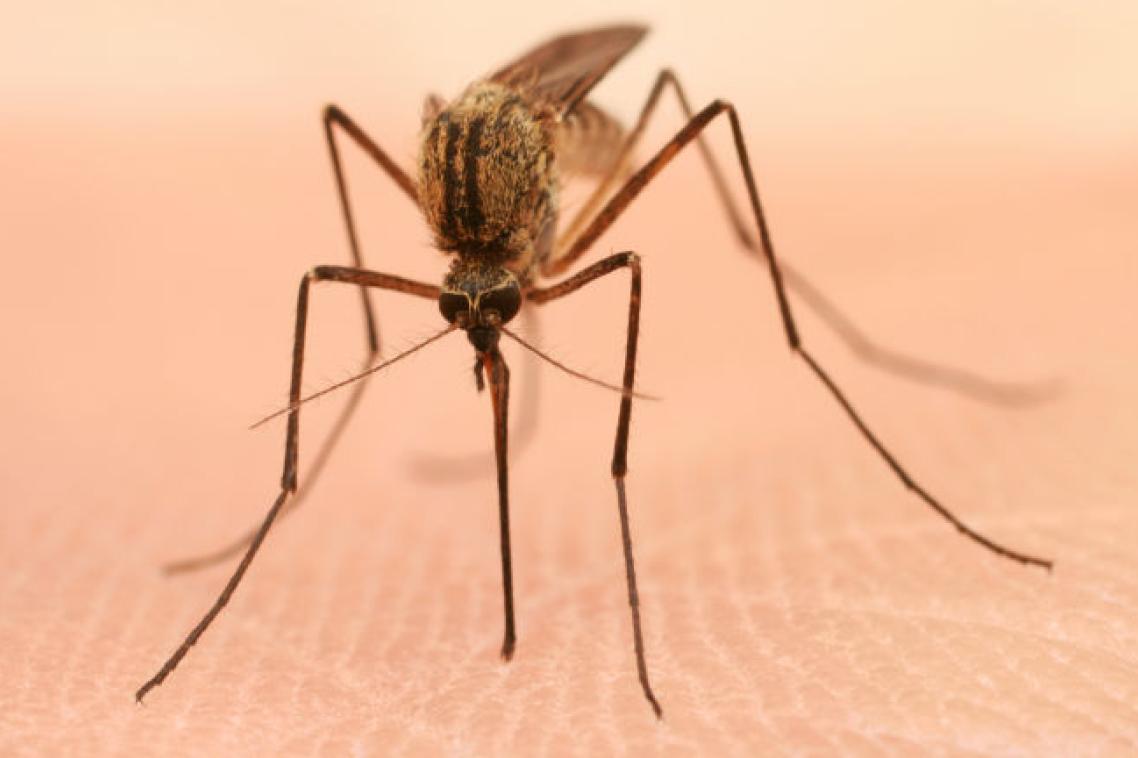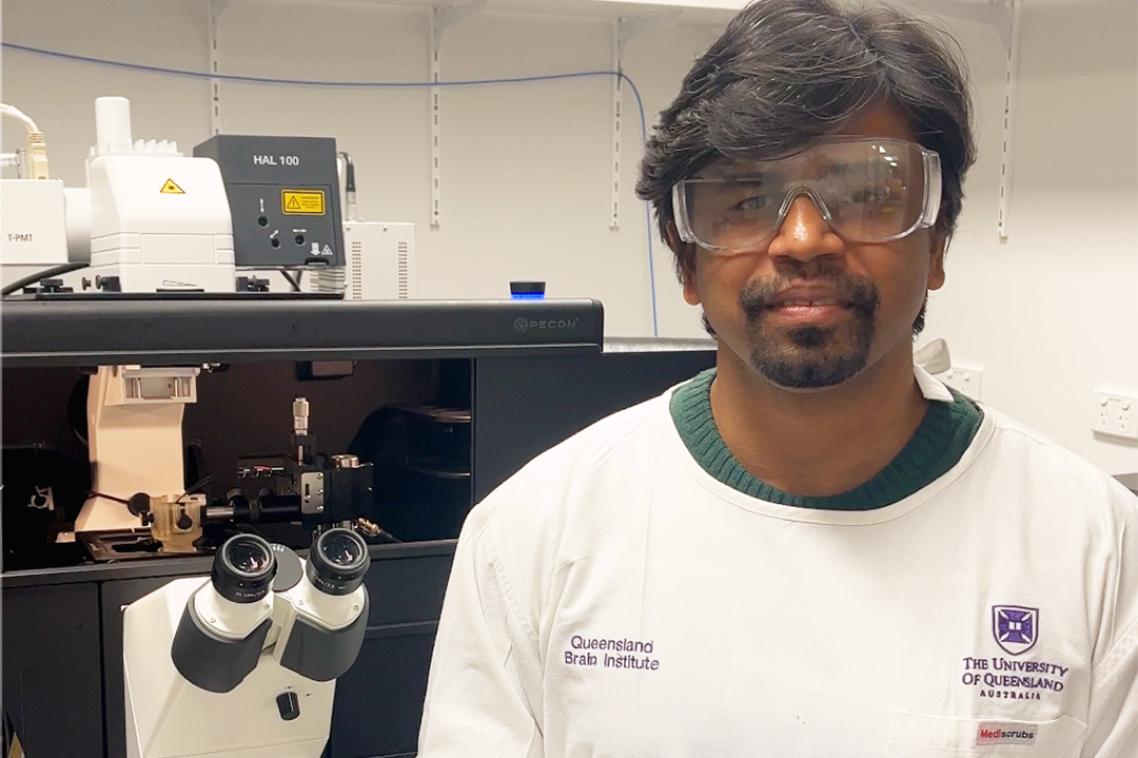Global teamwork targets parasite-borne diseases

Researchers from The University of Queensland and Griffith University have teamed with scientists from Europe and South America to develop new treatments for drug-resistant parasitic infections.
The international effort will combat malaria, schistosomiasis, leishmaniases and trypanosomiasis (sleeping sickness), which each year kill more than a million people worldwide as the parasites that cause these diseases increasingly become resistant to treatments.
The $7.5 million project will aim to discover, evaluate and develop new drugs to target key proteins essential for the growth of the parasites that spread these infections and that are transmitted to humans by mosquitoes, freshwater snails, sand flies and tsetse flies.
Professor David Fairlie from UQ’s Institute for Molecular Bioscience said an international collaboration to focus on the parasites responsible would have the best chance at advancing cures for these diseases.
"This is a fantastic opportunity for chemists, biochemists, parasitologists and industry to use shared resources in finding new treatments that can improve the lives of hundreds of millions of people around the globe afflicted by these infections," Professor Fairlie said.
Associate Professor Katherine Andrews from Griffith’s Eskitis Institute for Drug Discovery said the growing ineffectiveness of current medications was an emerging global problem.
“Effective new drugs are desperately needed and this multinational collaborative program has the potential to deliver exciting new drug leads and important information to help develop them for therapeutic application," Associate Professor Andrews said.
The National Health and Medical Research Council has funded the Australian scientists’ participation in the study, which is sponsored by the European Union and involves a consortium of researchers from Australia, France, Germany, Italy, Sweden, the UK, and Brazil.
Media: IMB communications manager Bronwyn Adams: 0418 575 247, 07 3346 2134, b.adams@imb.uq.edu.au; Griffith University communications manager Helen Wright: 0478 406 565, helen.wright@griffith.edu.au
Topics
Related articles

New ultrasound imaging to map drug delivery into the brain

Staying physically active cuts risk of early death by 40 per cent
Media contact
UQ Communications
communications@uq.edu.au
+61 429 056 139
